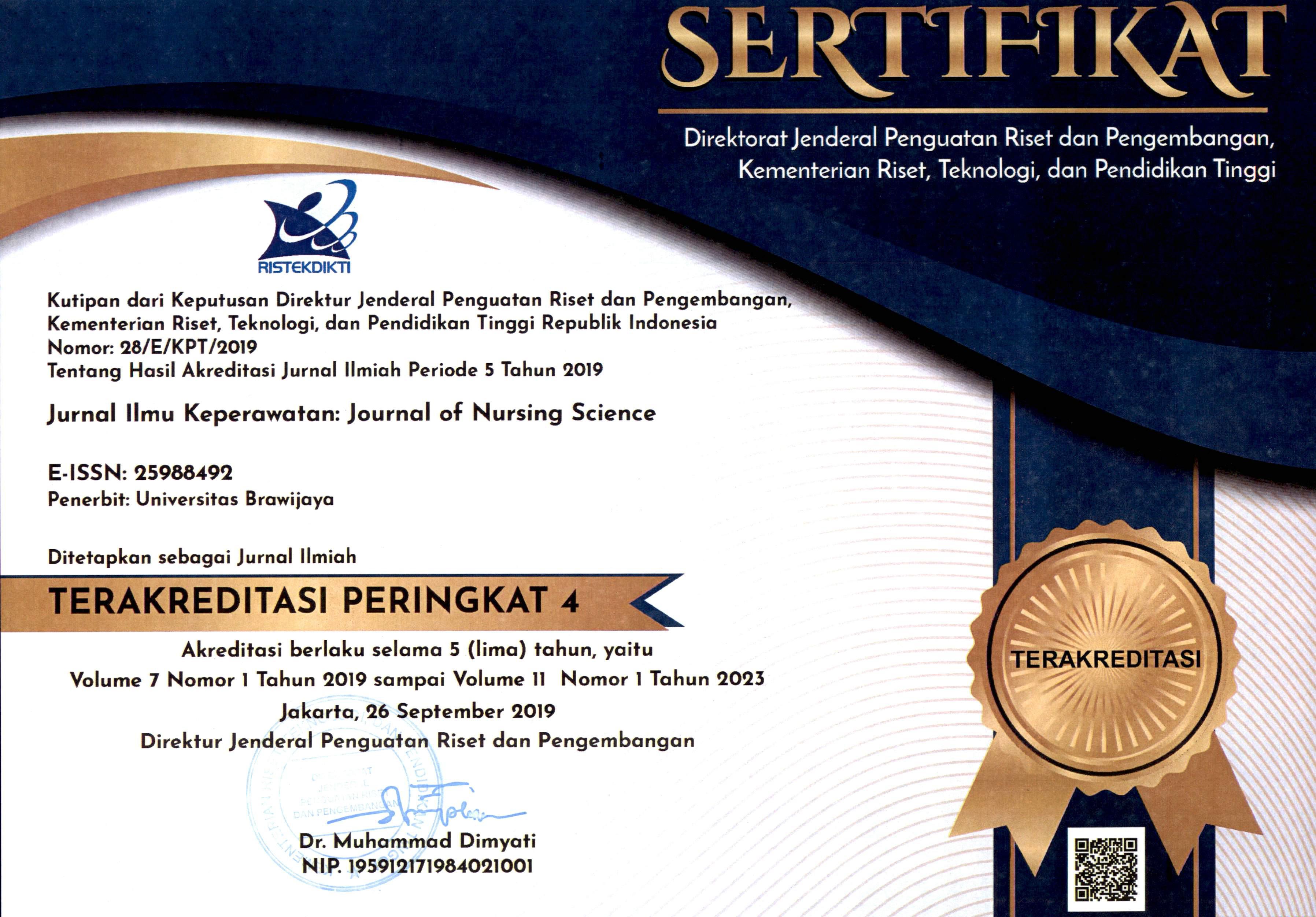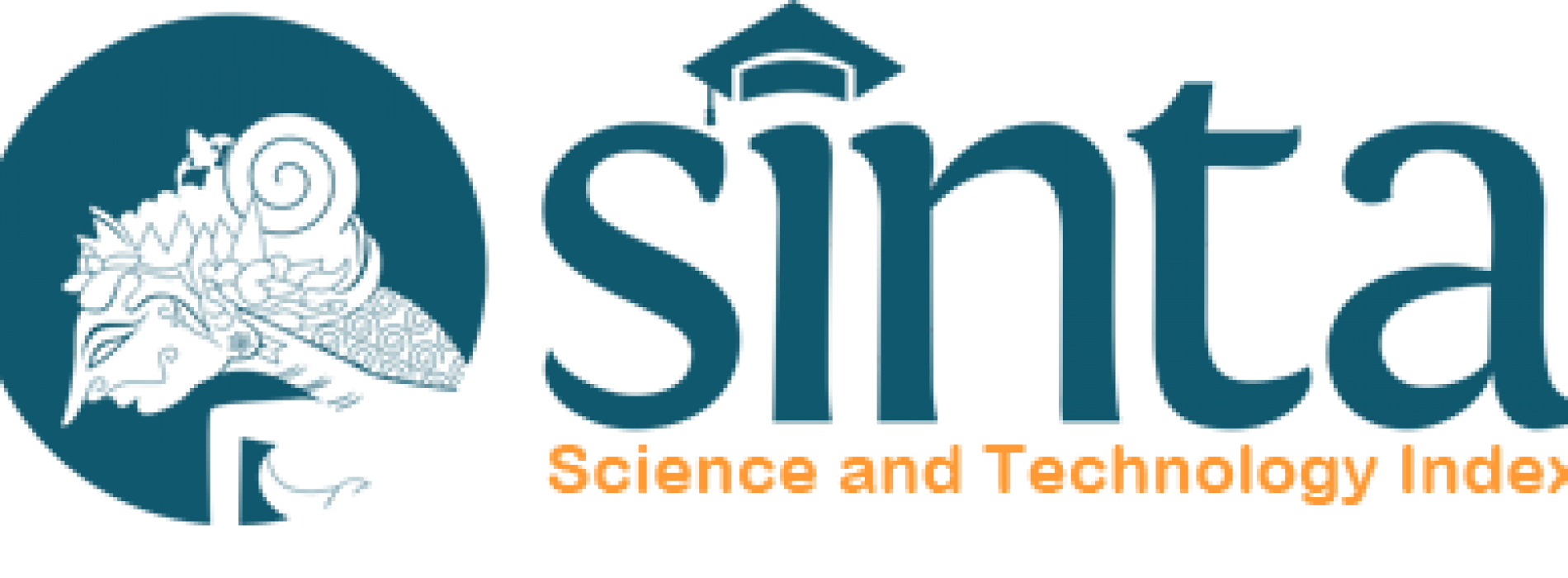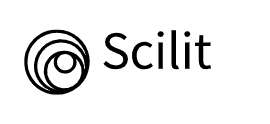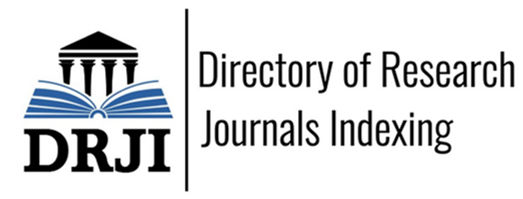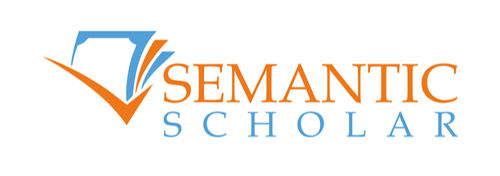Assessment Indicator from Grandmothers' Support Was the Strongest Correlation to Non-Exclusive Breastfeeding Practice in Young Primiparous Working Mothers
DOI:
https://doi.org/10.21776/ub.jik.2021.009.01.10Keywords:
Grandmother's Support, Exclusive Breastfeeding, Primiparous, Working MotherAbstract
Primiparous mothers will experience various breastfeeding problems because it is the first experience, especially for working mothers. Therefore, they need to get support from their families, mainly from grandmothers. This study aims to analyze the correlation between the grandmother's support and exclusive breastfeeding for primiparous mothers working. This study, conducted in the Arjowinangun Community Health Center coverage area, Malang, used a cross-sectional study approach. The data collection used purposive sampling and questionnaires. One hundred thirty-two respondents had agreed to participate in this study. The results show that most mothers who choose non-exclusive breastfeeding had received insufficient support. There was a significant and strong correlation between grandmother's support and breastfeeding behavior (p-value = 0.000; r = 0.831), which means that the better the grandmother's support, the better exclusive breastfeeding behavior primiparous working mothers. All the support indicators were sufficient categories. The assessment support was the highest correlation to non-exclusive breastfeeding (r = 0.649). The conclusion is grandmother's support has a significant role in the success of exclusive breastfeeding for working mothers, so breastfeeding assistance by health workers should focus on mothers and families, especially grandmothers.
References
- Al-Kandari, Y., & Ahmed, R. A. (2018). Social, psychological and demographic variables related to breastfeeding among Kuwaiti mothers. Eastern Mediterranean Health Journal = La Revue De Sante De La Mediterranee Orientale = Al-Majallah Al-Sihhiyah Li-Sharq Al-Mutawassit, 24(7), 624–630. https://doi.org/10.26719/2018.24.7.624
- Chang, P.-C., Li, S.-F., Yang, H.-Y., Wang, L.-C., Weng, C.-Y., Chen, K.-F., Chen, W., & Fan, S.-Y. (2019). Factors associated with cessation of exclusive breastfeeding at 1 and 2 months postpartum in Taiwan. International Breastfeeding Journal, 14, 18. https://doi.org/10.1186/s13006-019-0213-1
- Dahlan, A., Mubin, F., & Mustika, D. N. (2013). Hubungan Status Pekerjaan Dengan Pemberian Asi Eksklusif Di Kelurahan Palebon Kecamatan Pedurungan Kota Semarang. Jurnal Kebidanan, 2(2), 56–60. https://doi.org/10.26714/jk.2.2.2013.56-60
- De Roza, J. G., Fong, M. K., Ang, B. L., Sadon, R. B., Koh, E. Y. L., & Teo, S. S. H. (2019). Exclusive breastfeeding, breastfeeding self-efficacy and perception of milk supply among mothers in Singapore: A longitudinal study. Midwifery, 79, 102532. https://doi.org/10.1016/j.midw.2019.102532
- Dinas Kesehatan (Dinkes) Kota Malang. (2016). Profil Kesehatan Kota Malang 2016. Retrieved January 18, 2021, from https://www.kemkes.go.id/resources/download/profil/PROFIL_KAB_KOTA_2016/3573_Jatim_Kota_Malang_2016.pdf
- Ferreira, T. D. M., Piccioni, L. D., Queiroz, P. H. B., Silva, E. M., & Vale, I. N. do. (2018). Influence of grandmothers on exclusive breastfeeding: Cross-sectional study. Einstein (Sao Paulo, Brazil), 16(4), eAO4293. https://doi.org/10.31744/einstein_journal/2018AO4293
- Kamalifard, M., Mirghafourvand, M., Ranjbar, F., Sharajabad, F. A., & Gordani, N. (2019). Relationship of Breastfeeding Self-Efficacy with Self-Esteem and General Health in Breastfeeding Mothers Referred to Health Centers of Falavarjan City-Iran, 2015. Community Mental Health Journal, 55(6), 1057–1063. https://doi.org/10.1007/s10597-019-00408-6
- Karmacharya, C., Cunningham, K., Choufani, J., & Kadiyala, S. (2017). Grandmothers’ knowledge positively influences maternal knowledge and infant and young child feeding practices. Public Health Nutrition, 20(12), 2114–2123. https://doi.org/10.1017/S1368980017000969
- Ke, J., Ouyang, Y.-Q., & Redding, S. R. (2018). Family-Centered Breastfeeding Education to Promote Primiparas’ Exclusive Breastfeeding in China. Journal of Human Lactation: Official Journal of International Lactation Consultant Association, 34(2), 365–378. https://doi.org/10.1177/0890334417737293
- Kohan, S., Keshvari, M., Mohammadi, F., & Heidari, Z. (2019). Designing and Evaluating an Empowering Program for Breastfeeding: A Mixed-Methods Study. Archives of Iranian Medicine, 22(8), 443–452.
- Larasati, T., Pangestuti, D. R., & Rahfiludin, M. Z. (2016). Hubungan Dukungan Suami Dengan Praktik Pemberian Asi Eksklusif Pada Ibu Primipara (Studi di Wilayah Kerja Puskesmas Jebed Kabupaten Pemalang). Jurnal Kesehatan Masyarakat (Undip), 4(4), 594–608.
- McQueen, K., Sieswerda, L. E., Montelpare, W., & Dennis, C.-L. (2015). Prevalence and factors affecting breastfeeding among Aboriginal women in Northwestern Ontario. Journal of Obstetric, Gynecologic, and Neonatal Nursing: JOGNN, 44(1), 51–68. https://doi.org/10.1111/1552-6909.12526
- Negin, J., Coffman, J., Vizintin, P., & Raynes-Greenow, C. (2016). The Influence of Grandmothers on Breastfeeding Rates: A Systematic Review. BMC Pregnancy and Childbirth, 16(1), 91. https://doi.org/10.1186/s12884-016-0880-5
- Oktalina, O., Muniroh, L., & Adiningsih, S. (2015). Hubungan Dukungan Suami dan Dukungan Keluarga dengan Pemberian ASI Eksklusif pada Ibu Anggota Kelompok Pendukung ASI (KP-ASI). Media Gizi Indonesia, 10(1), 64–70. https://doi.org/10.20473/mgi.v10i1.64-70
- Rahmawati, N. I. (2016). Dukungan Informasional Keluarga Berpengaruh dalam Pemberian ASI Eksklusif di Desa Timbulharjo Sewon Bantul. Jurnal Ners Dan Kebidanan Indonesia, 4(2), 75–78. https://doi.org/10.21927/jnki.2016.4(2).75-78
- Ramadani, M. (2017). Dukungan Keluarga Sebagai Faktor Dominan Keberhasilan Menyusui Eksklusif. Media Kesehatan Masyarakat Indonesia, 13(1), 34–41.
- Ratnasari, D., Paramashanti, B. A., Hadi, H., Yugistyowati, A., Astiti, D., & Nurhayati, E. (2017). Family support and exclusive breastfeeding among Yogyakarta mothers in employment. Asia Pacific Journal of Clinical Nutrition, 26(Suppl 1), S31–S35. https://doi.org/10.6133/apjcn.062017.s8
- Scelza, B. A., & Hinde, K. (2019). Crucial Contributions: A Biocultural Study of Grandmothering During the Perinatal Period. Human Nature (Hawthorne, N.Y.), 30(4), 371–397. https://doi.org/10.1007/s12110-019-09356-2
- Suryaningsih, C. (2013). Pengaruh Pendidikan Kesehatan terhadap Pengetahuan Ibu Post Partum Tentang ASI Eksklusif. Jurnal Keperawatan Soedirman, 8(2), Article 2. https://doi.org/10.20884/1.jks.2013.8.2.471
- Susiloretni, K. A., Hadi, H., Prabandari, Y. S., Soenarto, Y. S., & Wilopo, S. A. (2015). What works to improve duration of exclusive breastfeeding: Lessons from the exclusive breastfeeding promotion program in rural Indonesia. Maternal and Child Health Journal, 19(7), 1515–1525. https://doi.org/10.1007/s10995-014-1656-z
- Trisnawati, E., & Widyastutik, O. (2018). Kegagalan ASI Eksklusif: Manajemen Laktasi Dan Dukungan Keluarga. Jurnal Formil (Forum Ilmiah) Kesmas Respati, 3(2), 89–99. https://doi.org/10.35842/formil.v3i2.177
- Zhu, X., Liu, L., & Wang, Y. (2016). Utilizing a Newly Designed Scale for Evaluating Family Support and Its Association with Exclusive Breastfeeding. Breastfeeding Medicine: The Official Journal of the Academy of Breastfeeding Medicine, 11, 526–531. https://doi.org/10.1089/bfm.2016.0090
Downloads
Published
How to Cite
License
Authors published in this journal agree to the following terms:
1. The copyright of the received article shall be assigned to the journal as the publisher of the journal. The intended copyright includes the right to publish the article in various forms (including reprints). The journal maintains the publishing rights to the published articles.
2. Authors may enter into separate additional contractual agreements for the non-exclusive distribution of the published journal version of the work (for example, posting it to an institutional repository or publishing it in a book), with acknowledgment of their initial publication in this journal.
3. Authors are permitted and encouraged to post their work online (e.g. in an Institutional Repository or on their website) before and during the submission process, as this can result in a productive exchange, as well as earlier and larger citations of the published work.
4. Articles and all related material published are distributed under Creative Commons Attribution-NonCommercial 4.0 International License or CC BY-NC 4.0 license.
JNSU is licensed under a Creative Commons Attribution-NonCommercial 4.0 International License or CC BY-NC 4.0 license.
Most read articles by the same author(s)
- Setyoadi Setyoadi, Ahsan Ahsan, Alif Yanur Abidin, HUBUNGAN PERAN KADER KESEHATAN DENGAN TINGKAT KUALITAS HIDUP LANJUT USIA , Journal of Nursing Science Update (JNSU): Vol. 1 No. 2 (2013)
- Bintari Ratih Kusumaningrum, Indah Winarni, Setyoadi Setyoadi, Kumboyono Kumboyono, Retty Ratnawati, PENGALAMAN PERAWAT UNIT GAWAT DARURAT (UGD) PUSKESMAS DALAM MERAWAT KORBAN KECELAKAAN LALU LINTAS , Journal of Nursing Science Update (JNSU): Vol. 1 No. 2 (2013)
- Setyoadi Setyoadi, Yulian Wiji Utami, Sheylla Septina M, SENAM DAPAT MENINGKATKAN KESEIMBANGAN TUBUH LANSIA DI YAYASAN GERONTOLOGI KECAMATAN WAJAK KABUPATEN MALANG , Journal of Nursing Science Update (JNSU): Vol. 1 No. 1 (2013)
- Rany Agustin Wulandari, Setyawati Soeharto, Setyoadi Setyoadi, PENGARUH TERAPI PSIKOEDUKASI KELUARGA TERHADAP HARGA DIRI RENDAH DAN BEBAN KELUARGA DENGAN ANAK RETARDASI MENTAL , Journal of Nursing Science Update (JNSU): Vol. 4 No. 2 (2016)
- Yati Nur Azizah, Retty Ratnawati, Setyoadi Setyoadi, PENGALAMAN PERAWAT DALAM MELAKUKAN PENILAIAN CEPAT KESEHATAN KEJADIAN BENCANA PADA TANGGAP DARURAT BENCANA ERUPSI GUNUNG KELUD TAHUN 2014 DI KABUPATEN MALANG (STUDI FENOMENOLOGI) , Journal of Nursing Science Update (JNSU): Vol. 3 No. 2 (2015)
- Setyoadi Setyoadi, Ika Setyo Rini, Triana Novitasari, HUBUNGAN PENGGUNAAN WAKTU PERILAKU KURANG GERAK (SEDENTARY BEHAVIOUR) DENGAN OBESITAS PADA ANAK USIA 9-11 TAHUN DI SD NEGERI BEJI 02 KABUPATEN TULUNGAGUNG , Journal of Nursing Science Update (JNSU): Vol. 3 No. 2 (2015)
- Setyoadi Setyoadi, Tina Handayani Nasution, Amanda Kardinasari, FAMILY SUPPORT IN IMPROVING INDEPENDENCE OF STROKE PATIENTS , Journal of Nursing Science Update (JNSU): Vol. 6 No. 1 (2018)
- Ulfa Fauziyah Hayati, Fransiska Imavike Fevriasanty, Muladefi Choiriyah, THE EFFECT OF HEALTH EDUCATION WITH AUDIO-VISUAL MEDIA TOWARD EXTERNAL GENITAL HYGIENE BEHAVIORS TO PREGNANT WOMEN IN PRIMARY HEALTH CARE OF MALANG WORKING AREA , Journal of Nursing Science Update (JNSU): Vol. 6 No. 1 (2018)
- Edi Yuswantoro, Retty Ratnawati, Setyoadi Setyoadi, PENGALAMAN PERAWAT SEBAGAI KOORDINATOR PELAKSANA UNIT GAWAT DARURAT PUSKESMAS DI KABUPATEN TRENGGALEK , Journal of Nursing Science Update (JNSU): Vol. 3 No. 2 (2015)
- Ayut Merdikawati, Muladefi Choiriyah, BREASTFEEDING SELF-EFFICACY (BSE): COMPARATION BETWEEN ANTENATAL AND POSTPARTUM PERIOD , Journal of Nursing Science Update (JNSU): Vol. 7 No. 1 (2019)




